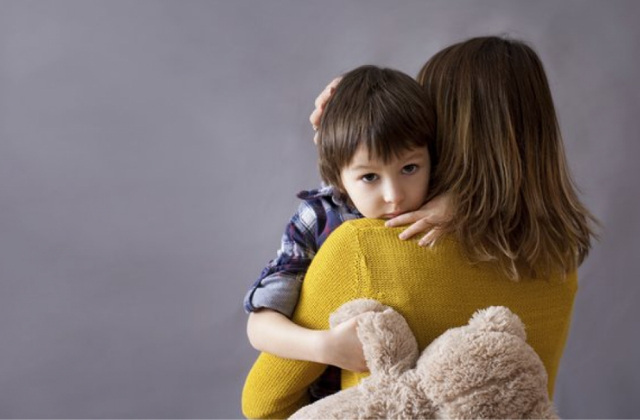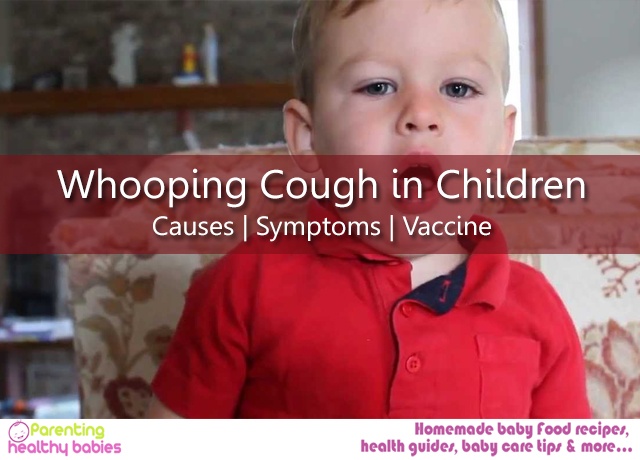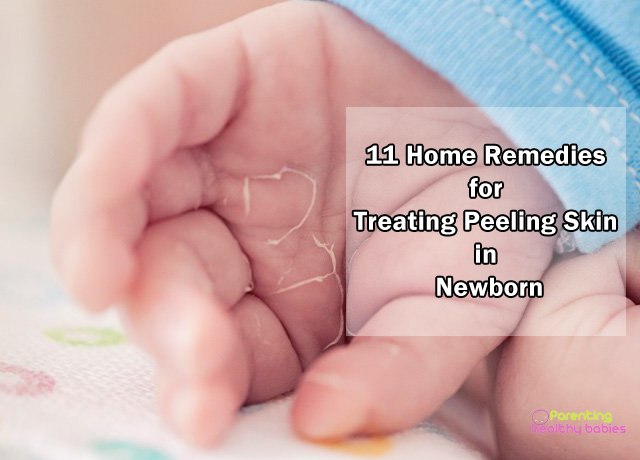As kids, when we learn certain things, we only learn them in the most rudimentary sense. Anxiety is more than the general panic that it is associated with. It manifests as a disorder not only in adults but also in kids. In this article, we will discuss generalized anxiety disorder in children. Read on to find out what it really means and how you can help your child.
In this article:
What are Anxiety Disorders?
What are the Kinds of Anxiety Disorders?
What are Signs of Anxiety in a Child?
What Causes Anxiety in Kids?
Treatment for Anxiety Disorders
Anxiety Disorder in Children: Things Every Parent Should Know
What are Anxiety Disorders?
Everyone feels anxious now and then. It is okay to feel so. For instance, one can feel nervous when faced with a problem at work, before taking a test, or before making an important decision. Anxiety disorders are different though. They are a specific category of mental illnesses. They can cause to keep you from carrying on with your life normally.
What are the Kinds of Anxiety Disorders?
For anyone suffering from an anxiety disorder, worry and fear are two emotions that are constant and overwhelming, and can also be disabling in extreme cases. But with treatment, many people can learn how to manage those feelings and get back to a fulfilling life. There are several kinds of anxiety disorders, such as:
Panic Disorder
In this disorder, you feel terror striking at random. You may also sweat, have chest pain, and feel palpitations during a panic attack. You might feel like choking or having a heart attack.
Social Anxiety Disorder
In this disorder, you feel overwhelming worry and self-consciousness about everyday social situations. You are worried or obsessed about others judging you or on being embarrassed or ridiculed.
Specific Phobias
This anxiety centers on a fear of something specific. Fear of heights and flying is an example of specific phobia causing anxiety. This fear may cause you to avoid ordinary situations.
Generalized Anxiety Disorder
People with this disorder feel excessive, unrealistic worry and tension with little or no reason. This is the disorder we will focus on in this article.
What are Signs of Anxiety in a Child?
It’s not unusual for kids to sometimes feel anxious. But it can be confusing to know whether your child suffers from anxiety or not. If you’re looking for signs of anxiety in your child, then here are signs you might see:
- Your child will often complain of headaches or stomachaches, even though there’s no medical reason for them.
- Your child will refuse to eat snacks or lunch at daycare or school.
- Your child will won’t use bathrooms except at home.
- Your child will be restless, fidgety and hyperactive.
- Your child will start to shake or sweat in intimidating situations.
- Your child will constantly have tense muscles.
- Your child will have trouble falling or staying asleep.
What Causes Anxiety in Kids?
In order to find out what might be causing anxiety, observe your child carefully. Share your observations with your child’s teacher and doctor, and then talk about the next steps. Keep in mind the fact that anxiety is common in children who struggle in school. Ask your child’s teacher if your child is having any trouble in learning or behavior challenges. Find out from the doctor whether your child’s anxiety is something serious or something that can be managed at home. There are many types of emotional support for kids with anxiety, so look into them for sure.
Treatment for Anxiety Disorders
You should never hesitate to consult with doctors about your child’s anxiety. They are equipped with the right resources and can conduct a proper assessment. The usual treatment for children with anxiety disorders includes talk therapy, medication, or a combination of both these things. Cognitive-behavioral therapy (cbt) can help a child determine their thoughts and organize them. Play therapy is for young children with anxiety. For some children, medication may be prescribed, depending on the nature and severity of symptoms.
As a parent, it is not your goal to eliminate all anxiety from your child’s life. Your job is to help your child learn to manage anxiety effectively so that they can deal with it in a better way. Anxiety is not life-threatening, if detected at the right time and followed up with proper treatment. What steps can you take today to help your child learn to manage anxiety successfully is something that you should focus on. Also remember that there is nothing to be ashamed of when it comes to mental illnesses, and the sooner you acknowledge this, the better you will be at helping your child.
References
https://www.ncbi.nlm.nih.gov/pmc/articles/pmc5954816/
https://www.ncbi.nlm.nih.gov/pmc/articles/pmc4480225/













